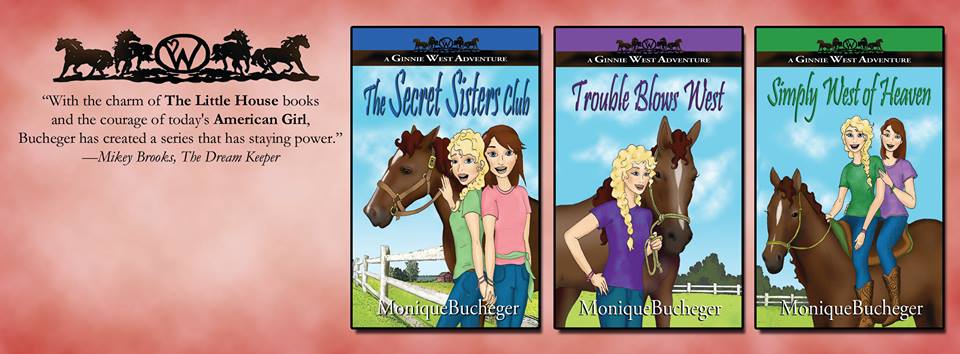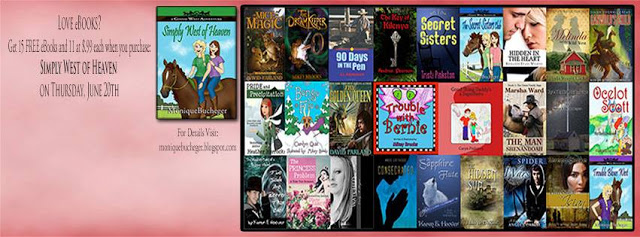At the beginning of the month, Gregory Little talked about the two main reasons why myths and legends are inevitable-humanity’s unconscious desire to flatter and preserve itself. It seemed appropriate to head back to that well at the end.
Yes, it’s true. We are a selfish species, aren’t we? But we do it with style. And we’ll never stop. Our natural oral tradition of myth-making is alive and well even in this day and age. We see this most acutely in the form of urban legends, or urban myths.
Everyone’s heard them, those stories someone swears is the truth about some strange, off-the-wall incident that happened to some distant relation or a friend of a friend you’ve never heard of before. These myths are based on hearsay and passed from person to person like juicy gossip that has no basis in times gone by.
There are hundreds of them, from the scary but mundane (the guy who went into a store only to find out from a passerby that there’s someone hiding in his backseat, or ate pop rocks and drank a coke only to have his stomach explode), to the weird and unexplained (the moth-man or ghost hitchhiker), to the natural world out to get us (the crazy ways you can catch a simple disease that will kill you!).
Let’s remember, though, that the myths we know were once brand-spanking new, too. What do you wanna bet that there were people in Columbus’s day who knew a guy whose brother had a lady friend whose cousin grew up with a sailor who was on a ship that sailed off the edge of the world or was eaten by sea monsters? That medieval children knew the name of someone long dead who went into the forest on a dare in the middle of the night to be eaten by some sort of hobgoblin?
And everyone will have sworn it really happened.
Sure, the subjects of the stories have changed. Instead of sea monsters, we have psycho-killers. Instead of selfish step-mothers, we have shadow governments. Instead of witches out to snatch our first born, we have kidney thieves. But the message remains the same-be careful, little ones, dark things are waiting to happen out in the big, wide world.
We’re still making up stories to preserve ourselves.
But what about the flattery part?
Am I the only one who noticed that, unlike our ancestors, our current monsters for the most part…are ourselves? Perhaps we’re not as vain as has been put forth.
In fact, I suggest that the purpose of that flattery isn’t simply about making ourselves look good (though that can often be the case, I admit). We take what is best and hold it to the light not just to wash away the dirt of our inequities but to draw ourselves to something purer. King Arthur isn’t remembered because he was a good military commander. Martin Luther King isn’t remembered because he made good speeches. These legends don’t just make us look better. They inspire us to be better. They remind us that even a selfish species can rise above.
And the fact that we remember these legends, even after thousands of years, shows that we, as a species have always aspired to the better parts of our souls even when we don’t succeed.
Myths aren’t just about where we came from. Legends aren’t just about people gone to dust. The importance of these stories don’t just exist in what’s come before. They speak as much about who we are now as what we were then. We may no longer need to explain the world as our ancestors did-that’s what science is for-but there are still things out in the dark that can eat us. There are still silly, stupid actions we can take to hurt ourselves. We’re still insecure little creatures out to overcome our frailties. And it shows in the stories we tell.
Even our modern appropriation of older stories tell more about us than they do about them. There’s barely a hint of Ovid’s statue in George Bernard Shaw’s flower girl in his rendition of Pygmalion. The women of Shaw’s time were very different than in Ovid’s. Is it a surprise that Farscape’s “lotus flower” turns out to be the base ingredient for the ammunition of pulse weapons? While taking a class on West Central Africa, where oral-culture has never lost its prevalence, I read origin myths that had warlords with guns. Yeah, I pretty sure they didn’t had guns at the beginning of civilization.
We like to say that we reuse these stories because they are familiar. People are drawn to the stories that already resonate with them. Yet, when we adapt, we’re not just telling those stories. The present overlays the past in every adaptation we do. It’s unavoidable. So, really, is it the tale itself that’s the familiar? Or is it what we interject into them? Are we using the tale to bring in the audience? Or are we using our own lens to help the reader better understand the message behind the myth?
So, let me offer another facet as to why myths and legends are important and inevitable-they keep us connected. They connect us to each other with their universality and to our past in their malleability. As humans, we are all more similar that different on the inside. Appropriating an old tale is more than using a ready-made plot people are familiar with; it’s communing with the past in a way the present can understand.
In a way, we’re not just going back to the oft-used well when we work with myth & legend in our fiction. We’re digging our own new ones as well.
But then, maybe that’s just another form of flattery.


